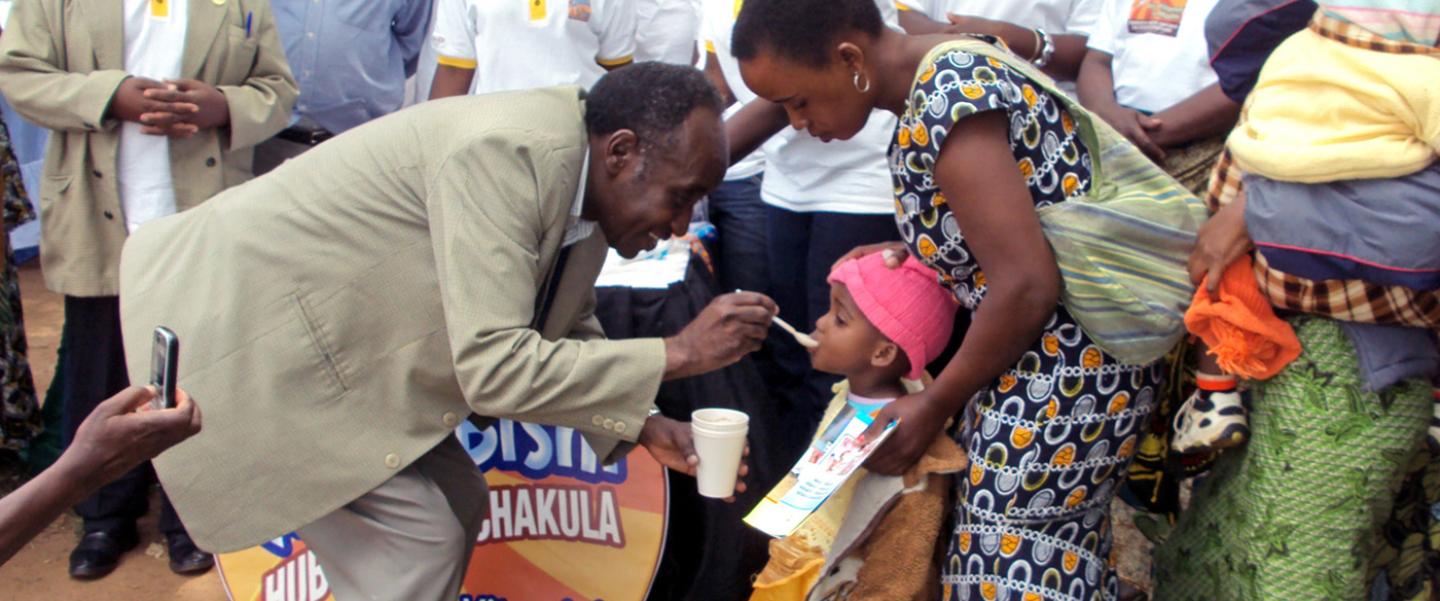HIGHLIGHTS
- 42 percent of Tanzanian children under five suffer micronutrient deficiencies
- The project broadened rural access to fortified nutritious products
- Production of fortified maize meal increased by 166 percent
The Challenge
In Tanzania, children are especially vulnerable to malnutrition: 42 percent of the country’s children under age five suffer from stunting, anemia, and other micronutrient deficiencies. Tuboreshe Chakula (Swahili for Let’s Improve Food) was a USAID-funded, Abt Global-implemented Feed the Future project that transformed Tanzania’s agro-processing industry and increased the supply of and demand for safe, high-quality and nutritious foods, especially among vulnerable populations in the food-insecure regions of Tanzania. |
The Approach
The project focused on fortification and marketing in supply chains for maize, sunflower oil, rice, and blended flour/micronutrient powder (MNP) to widen rural access to these nutritious products. The project gave direct technical assistance and business support to 733 millers and processors to implement good manufacturing practices, improve financial management and introduce new technologies. Ultimately, this translated to an increased flow of fortified products into the marketplace. |
The Results
By the end of the project, the millers and processors had increased their monthly production of fortified maize meal by--on average--166 percent to 1,276 metric tons. Other highlights include:
|
